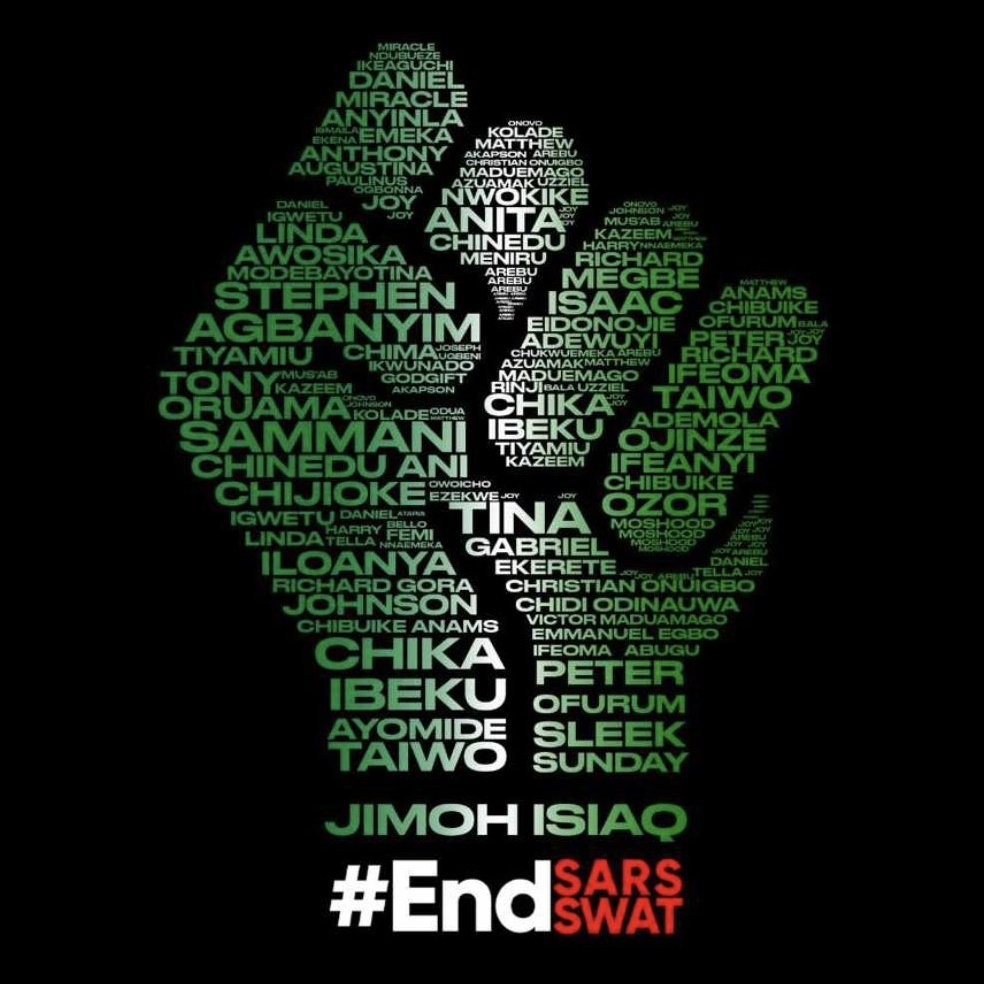More than ever before, journalists need to master storytelling as media consumption habits keep changing due to a combination of access to the internet, mobile telephony and evolving digital technology
Founder/Director The Journalism Clinic, Taiwo Obe stated this in a presentation at a virtual workshop in commemoration of the 55th birthday of Mr HAKEEM BELLO, FNGE, Special Adviser, Communications to the Hon Minister, Works & Housing.
Beyond news breaks, Obe noted that people want answers to arising questions like Why did what happen? Who are the winners and losers? Why does it matter? and journalists must be able to provide them with the information they need to make the best possible decisions on the issues.
He added that storytelling and engagement is also now about sharing, the format of presentation and the benefits the readers can derive from the content.
READ ALSO: THERE IS PROSPERITY IN JOURNALISM, OBE ASSURES YOUNG JOURNALISTS
He quoted Mark Thompson, CEO New York Time, who stated that “News is not literally a list of headlines and hard news stories. It’s a sophisticated cultural object, and there’s better-written news and better-reported news and worse news.”
With the lines between digital technology, mobile telephony and internet access, blurring, Obe said it now seems archaic for journalists to describe themselves as a print or broadcast journalist.
To retain the attention of readers, Obe pointed out new uses of the traditional five Ws and H of news writing to provide more insights and perspectives on new reports.
Other options include the following:
Listing (In numbers)
Explainers
Fact check
Timeline
Infographics
Create your story
Full Transcripts
Digital maps
How to pitch your story
He also stressed the need to be able to pitch story ideas to editors which should cover, focus of story, key sources, technical and logistical details, deadlines.
Click to read see full presentation: https://docs.google.com/presentation/d/1IGUs2N0Tnx9LMTITkfPvUAV37vStpJ4tFvgQxpCSZJM/edit#slide=id.g5d8843c905_0_749

